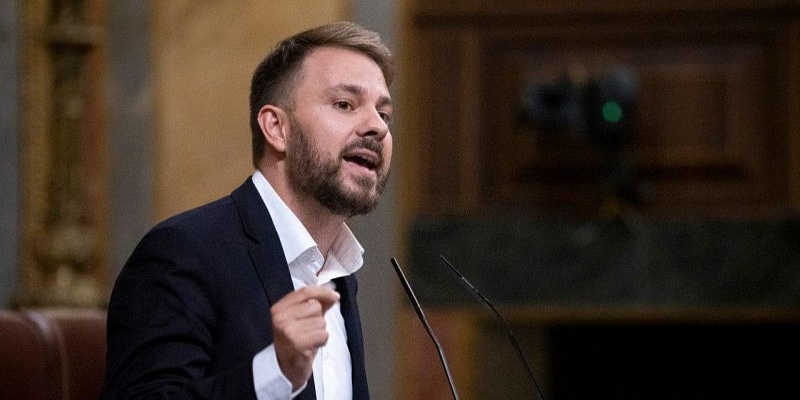The complexity of the parliamentary process and ongoing negotiations cast doubt on the possibility of the Sustainable Mobility Law being passed in the coming months.
Alberto Ibañez, a member of the Spanish Congress of Deputies for SUMAR, tells Mobility Portal España: “Work is being done on a report so that the project can be submitted to the plenary session for approval before June.”
However, when asked about publication in the Official State Gazette (BOE) during the same period, he acknowledges that this would depend on the legislative debate: “We will try to finalize the report as soon as possible so that it can be published as quickly as possible.”
Although there is no clear timeline for how the legislative process will proceed, recently, the Secretary of State for Transport and Sustainable Mobility, José Antonio Santano, assured that he is confident of approving the Law during the first half of 2025.

During the opening of the conference on “Tourism & Mobility: Connectivity, Intermodality, and Transport,” sponsored by the CEOE Tourism Council, he said:
“It will be our roadmap and our framework for doing things better in the future and ensuring transport and infrastructure are in place.”
Within this framework, Mobility Portal España contacted the Ministry of Transport and Sustainable Mobility to obtain details on the progress and estimated processing times.
However, at the time of publication of this article, no response was received .
What were the latest moves of the Law?
Following the submission of the amendments at the end of last year, in February, the Congress of Deputies began the parliamentary processing of the Law.
During that month, various events were held with the presence of responsible deputies, contacts were established between parliamentarians, and the committee for the debate on amendments was formally established.
According to Carlos Bravo, an environmental consultant, who spoke to Mobility Portal España, the government has opted for a bilateral negotiation approach with the groups rather than an open discussion in the report.
This means that instead of discussing and voting on amendments individually, the Socialist Group, representing the Administration, will negotiate bilaterally with different parliamentary groups to reach preliminary agreements.
In this way, the report advances based on consensus, bringing to the plenary session texts that already have majority support.

In this context, Bravo warns that, although the process is underway, the pace is slower than expected.
“Three weeks ago I was told that these weeks in March would be crucial, but we’re already in the last one and it doesn’t look like the committee will meet to discuss and vote,” he says.
And he adds: “This is likely to go on even longer.”
The history of this law partly explains the skepticism regarding its rapid passage.
Since it was announced in 2020, the rule has faced multiple obstacles.
After being submitted to public consultation in 2022 and receiving approval from the Council of Ministers, the process was interrupted due to the early elections in 2023.
In the current legislature, the government urgently revived it because its approval before December 2024 was a requirement to access 10 billion euros in European funds.
This would serve, in part, to digitalize the sector, improve the efficiency of public spending, and ensure the decarbonization of transport.
The approval process still has several steps ahead.
This is because once the text leaves Congress, it must go to the Senate, where it will again be subject to amendments and votes, and may be subject to modifications and delays.
It will then return to the Congress of Deputies for final approval before publication in the Official State Gazette.
In this regard, Bravo warns: “If the Ministry speaks of mid-year, it is not clear whether they are referring to its departure from Congress or its final publication, because it will then go through the Senate and that could lengthen the process by months.”
It is worth mentioning that the legislative process does not have a defined schedule of meetings.








